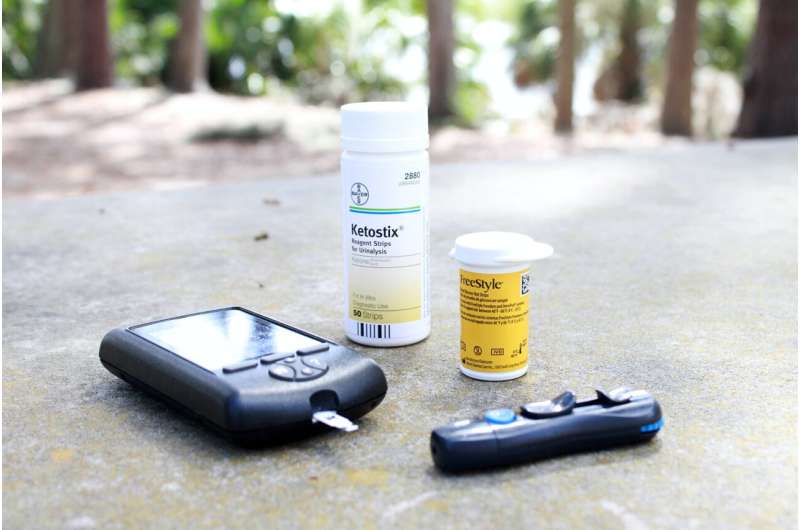Continued Use of Antiseizure Medications During Pregnancy Despite Risks

A recent study highlights the ongoing use of antiseizure medications during pregnancy, with some drugs posing known or uncertain risks to fetal development. The research calls for better management and awareness, especially among socioeconomically disadvantaged populations.
Despite clear evidence indicating the risk of birth defects associated with certain antiseizure medications, their use during pregnancy persists, according to a recent study published in Neurology. The research highlights ongoing concerns about the safety of these drugs for pregnant women, especially as usage for some medications with uncertain or known risks continues to rise. The study utilized comprehensive data from a French national pregnancy registry covering the years 2013 to 2021, analyzing over 55,800 pregnancies exposed to at least one antiseizure medication.
Findings reveal that the use of the safest antiseizure drugs, such as lamotrigine and levetiracetam, increased by 30% over the study period. Conversely, the use of medications with known high risks, like valproic acid and valpromide, decreased significantly—by more than 80%. Despite these improvements, the study notes that some pregnant women still receive medications with known or uncertain risks, including newer drugs like pregabalin, gabapentin, lacosamide, and zonisamide.
One concerning aspect of the study is the disproportionate use of these medications among socioeconomically disadvantaged populations. Women with lower resources, defined by income and access to healthcare support programs, were more likely to take drugs with higher or uncertain risks during pregnancy. The authors suggest that factors such as unplanned pregnancies and inadequate preconception care may contribute to this disparity.
The researchers emphasize the need for continued efforts to reduce exposure to high-risk medications during pregnancy, especially among vulnerable groups. They also highlight limitations of the study, noting that medication exposure was based on claims data rather than confirmed medication adherence. Overall, the findings underscore the importance of careful medication management and counseling for women of reproductive age who require antiseizure drugs.
For more information, the full study is available in Neurology (2025). Source: https://medicalxpress.com/news/2025-07-antiseizure-drugs-uncertain-pregnancy.html
Stay Updated with Mia's Feed
Get the latest health & wellness insights delivered straight to your inbox.
Related Articles
Innovative Beta Cell Replacement Therapy Shows Promise for Type 1 Diabetes Cure
A novel stem cell–derived islet therapy, zimislecel, shows promise in restoring insulin production and eliminating severe hypoglycemia in adults with type 1 diabetes, offering new hope for a scalable cure.
New Subtype of Diabetes Discovered in Sub-Saharan Africa and Among Black Americans
A groundbreaking study uncovers a new form of diabetes in Sub-Saharan Africa and among Black Americans, characterized by non-autoimmune mechanisms, offering hope for more targeted treatments and improved patient outcomes.
Unique Microbial Signature Identified in Colorectal Cancer Through DNA Analysis
A pioneering study has uncovered a unique microbial fingerprint in colorectal cancer using DNA analysis, opening new avenues for diagnosis and personalized treatment. Source: https://medicalxpress.com/news/2025-09-dna-analysis-colorectal-cancer-unique.html



